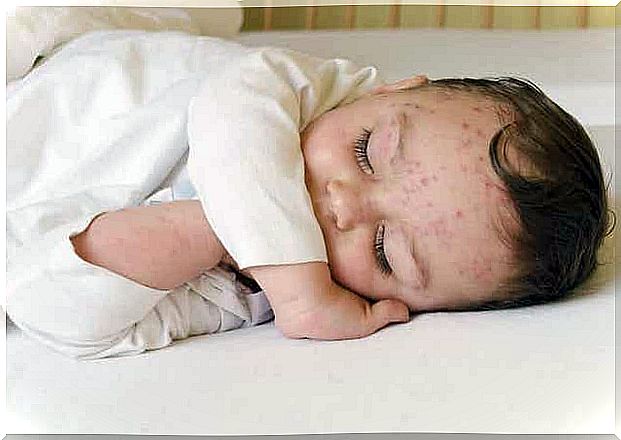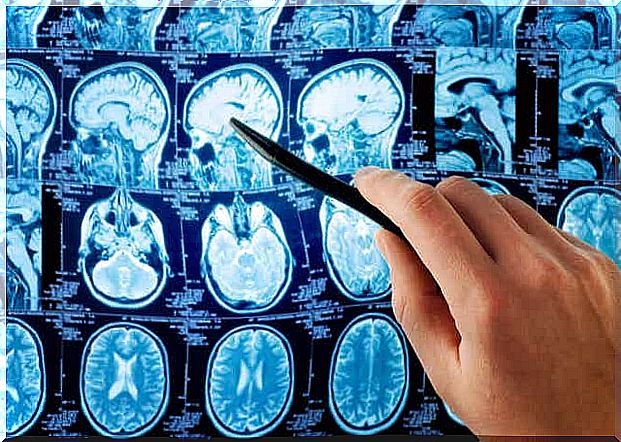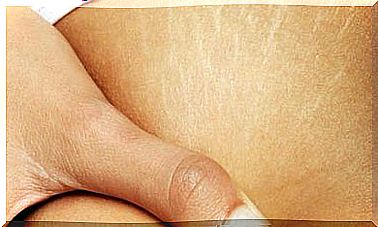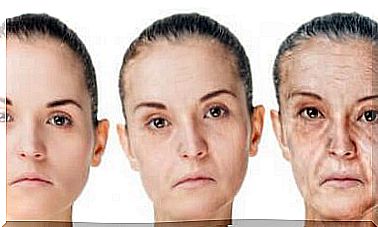All About Ramsay Hunt’s Syndrome

Ramsay Hunt syndrome is caused by the same virus that causes chickenpox. This virus causes uncomfortable symptoms because it can affect certain nerves, especially the facial nerve.
The facial nerve is made up of motor and sensory fibers. It controls different parts of the face. The facial nerve allows you to do various gestures and things like eating and talking. Ramsay Hunt syndrome can cause facial paralysis and hearing loss.
In this article, we’ll tell you everything essentials you need to know about Ramsay Hunt Syndrome.
What is Ramsay Hunt Syndrome?
Ramsay Hunt syndrome is one of the diseases that can be caused by the varicella-zoster virus (VZV). This virus belongs to the herpes virus family.
According to an article in the Annals of Internal Medicine, Ramsay Hunt syndrome causes paralysis of the facial nerve. In addition, it usually causes painful shingles in the earlobe or even inside the mouth.
It is the second most common cause of peripheral facial nerve palsy. In fact, it covers about 7% of all cases. This is because the varicella-zoster virus is very common in the population.
Another study published in the journal SEMERGEN Family Medicine suggests that it can manifest itself in many different ways. Therefore, it is generally classified by medical professionals into four categories based on its severity. The first severity category causes the following symptoms:
- Nausea, fatigue and pain.
- Rash and hearing loss.
- Changes in taste or loss of taste.
- Peripheral facial paralysis.
Causes of Ramsay Hunt Syndrome
Varicella zoster virus causes Ramsay Hunt syndrome. It affects people who have already had chickenpox. This is because this virus can be dormant or hidden in the body for very long periods of time. More specifically, it tends to settle in nerve tissues.
When the virus is reactivated, it causes the symptoms mentioned above. As stated in an article in the New York State Department of Health, it is usually transmitted from one person to another by directly touching the blisters, saliva, or mucus of an infected person.
However, it can also be transmitted through the air as droplets that spread into the air as a result of coughing or sneezing. In fact, people can also get it from contaminated objects. In order for a person to develop Ramsay Hunt Syndrome, he or she must have been exposed to this virus.

Risk factors
Anyone who has contracted chickenpox can get Ramsay Hunt Syndrome. This is an essential condition. It is important to understand that this syndrome is not contagious.
As with shingles, the virus can spread to different parts of the body. If a person who has not had chickenpox comes in contact with a person with Ramsay Hunt Syndrome, the person will develop a typical clinical picture of exanthematous viral disease.
We must point out that there are vaccines against this virus. Therefore, a vaccinated person cannot develop this syndrome.
Age is another key factor. Children rarely develop Ramsay Hunt syndrome. It usually occurs in people over 60 years of age. In addition, it is more common in those with a weakened immune system.
Symptoms
As we have already said, Ramsay Hunt syndrome can manifest in different ways. Experts at the Mayo Clinic explain that the two main symptoms of this syndrome are facial paralysis and rash. The rash usually appears around or inside the ear. In addition, it causes fluid-containing blisters.
In some cases, the rash does not appear or appears after a stroke. It also causes ear pain, constant tinnitus, or even hearing loss.
With facial paralysis, it is difficult for the patient to close the eye on the paralyzed side. Mouth and eyes may dry out. This is because the facial nerve also affects the glands that are responsible for secreting tears and saliva.
The sense of taste can also change. The patient may also lose the ability to taste the flavors on the front of the tongue.
Complications
Ramsay Hunt syndrome can cause long-term complications. One of the most serious is postherpetic neuralgia. It is a chronic pain in the area where the rash occurs.
The virus appears to damage nerve fibers. Similarly, facial sensitivity and hearing may be permanently impaired. However, this is somewhat less common.
It is possible that the eye may be permanently damaged as a result of excessive drying. Particles floating in the air get into the eye and damage the cornea, which affects vision.
Diagnosis of Ramsay Hunt Syndrome
The doctor diagnoses the disease after evaluating the patient’s symptoms and medical history. Because it is the second most common cause of peripheral stroke, medical professionals should always consider the possibility of this syndrome.
In addition, as a study published in the Clinical Journal of Family Medicine explains, a series of tests can help diagnose this syndrome. The first test is serology. It detects whether there are antibodies in the blood to the varicella-zoster virus.
Another test that may prove useful is polymerase chain reaction (PCR). In some cases, if the diagnosis is uncertain, the doctor may use imaging techniques to rule out the possibility of other diseases. Magnetic resonance imaging is most commonly used.

Available treatments
Treatment for Ramsay Hunt Syndrome aims to reduce the risk of possible complications. The most commonly used medications are painkillers. They relieve the patient’s pain. In addition, your doctor may prescribe anti-anxiety medications if the patient suffers from dizziness.
Antiviral drugs prevent the virus from multiplying. The most useful against varicella zoster virus are aciclovir and valaciclovir. The patient can take them with corticosteroids to increase the effect.
Ramsay Hunt syndrome occurs only in people with varicella-zoster virus (VZV)
Thus, this syndrome only affects people who have been infected with varicella-zoster virus (VZV). The syndrome usually appears years after infection, especially in the elderly.
It is characterized by paralysis of the facial nerves and vesicles.
Contact your doctor if you have any of these symptoms. Proper treatment can reduce the risk of long-term complications such as chronic pain.









